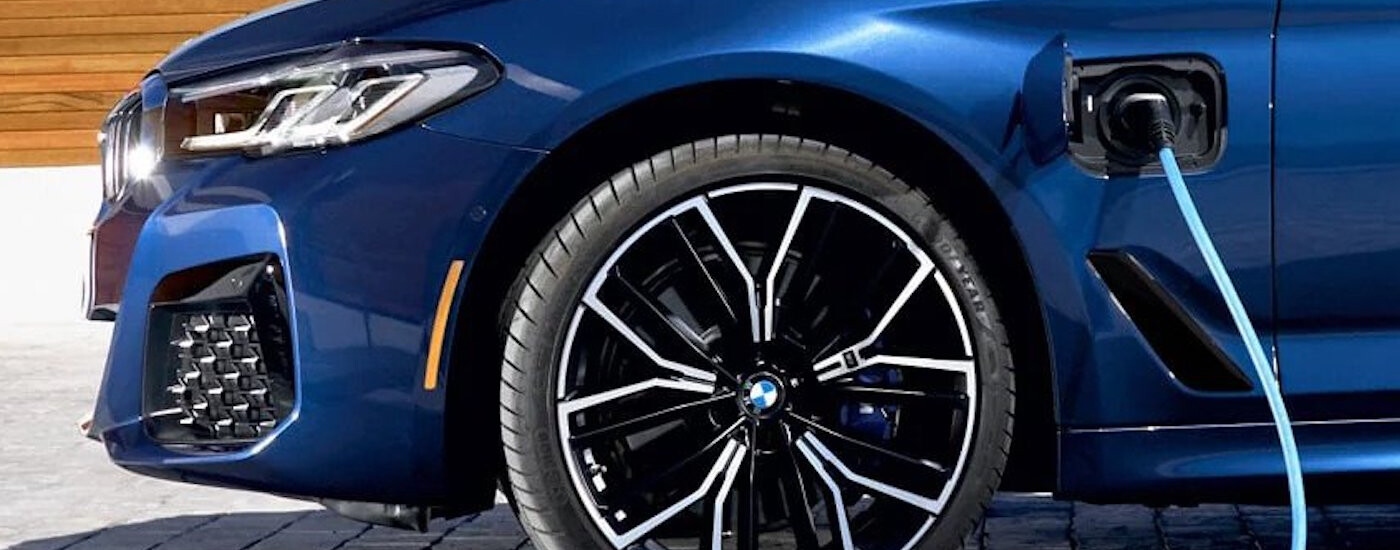As electric vehicles (EVs) continue to gain popularity, one of the most common concerns among potential buyers is charging time. Unlike traditional gasoline cars that can be refueled in minutes, EVs require more time to recharge, with charging duration varying based on several factors. A typical EV with a 60-kWh battery can take anywhere from 20 minutes to over 50 hours, depending on the type of charger used and the vehicle’s specifications. In this article, we’ll break down the key factors that influence EV charging times and provide insights into the charging speeds of popular electric cars.
Factors That Affect EV Charging Time
1. Battery Size
One of the most significant factors in EV charging time is the size of the battery. Larger batteries store more energy, which means they take longer to recharge. For example, a Tesla Model S with a 100-kWh battery will naturally take longer to charge than a Nissan Leaf with a 40-kWh battery when using the same charger.
2. Charging Station Speed
Charging speed depends on the type of charger used. There are three main levels of EV charging:
- Level 1 (120V Standard Outlet): This is the slowest charging method and can take more than 50 hours to fully charge a long-range EV. It adds only 3-5 miles of range per hour, making it best for overnight home charging in emergencies.
- Level 2 (240V Home or Public Charger): This option is much faster, providing 25-40 miles of range per hour. A typical EV with a 60-kWh battery can charge in 8-12 hours, making it a practical choice for home and workplace charging.
- DC Fast Charging (Public Fast Chargers): These chargers provide rapid charging, adding 100+ miles in just 20-30 minutes, depending on the vehicle and charger capabilities.

3. Maximum Charging Speed of the Vehicle
Not all EVs can take advantage of the highest-speed chargers. For example, a Tesla Model Y can accept up to 250 kW of power from a Tesla Supercharger, while a Chevy Bolt EV is limited to 55 kW, even if plugged into a faster charger.
4. State of Charge (SoC) and Charging Curve
EVs charge faster when their batteries are nearly empty and slow down as they get closer to full capacity. This is done to protect the battery and extend its lifespan. For example, DC fast charging may bring a battery from 10% to 80% in 30 minutes, but the final 20% may take another 30 minutes or more.
5. Environmental Conditions
Temperature plays a crucial role in charging times. Cold weather can slow down charging as batteries perform less efficiently in low temperatures. Similarly, extremely hot conditions can affect battery cooling systems, leading to slower charging rates.
How Long Does It Take to Charge a Tesla?
Tesla vehicles are among the most popular EVs, and their charging speeds vary based on the charger type. Here’s a breakdown of Tesla’s estimated charging times:

- Tesla Supercharger (250 kW): Adds up to 200 miles in 15-20 minutes.
- Level 2 Home Charger (11.5 kW): Full charge in 8-12 hours.
- Level 1 Standard Outlet: Over 50 hours for a full charge.
Charging Times for Popular EVs
| EV Model | Battery Size | DC Fast Charging (10-80%) | Level 2 Charging (0-100%) |
|---|---|---|---|
| Tesla Model 3 | 75 kWh | ~30 minutes | ~8 hours |
| Ford Mustang Mach-E | 98 kWh | ~45 minutes | ~11 hours |
| Chevrolet Bolt EV | 66 kWh | ~40 minutes | ~10 hours |
| Hyundai Ioniq 5 | 77.4 kWh | ~18 minutes | ~7.5 hours |
| Rivian R1T | 135 kWh | ~45 minutes | ~12 hours |
Final Thoughts
Charging an electric vehicle can take anywhere from a few minutes to over 50 hours, depending on factors like battery size, charger speed, and environmental conditions. For most EV owners, Level 2 home chargers provide a convenient overnight charging solution, while DC fast chargers enable quick top-ups during road trips. Understanding these variables can help you optimize your charging experience and make an informed decision when purchasing an electric vehicle.
